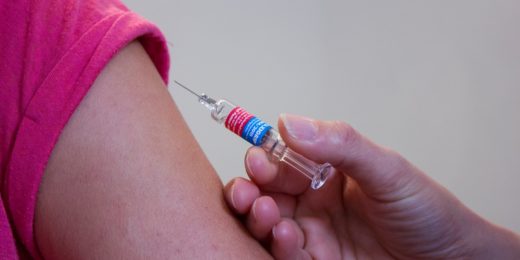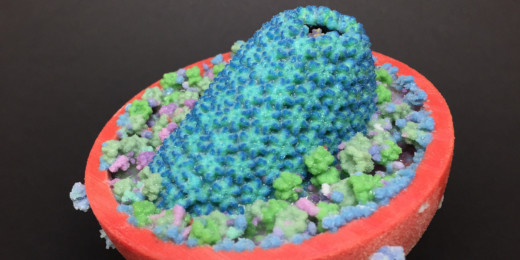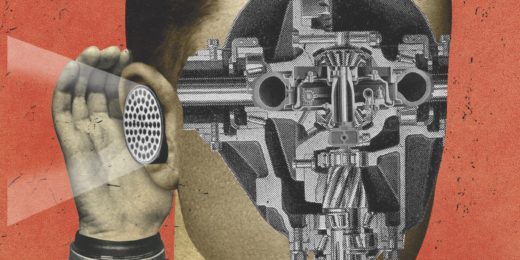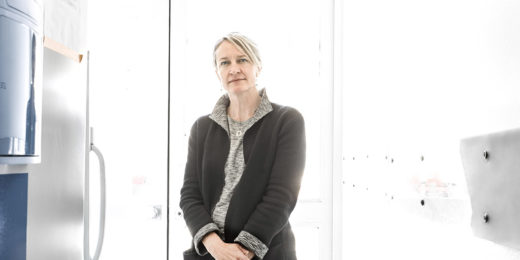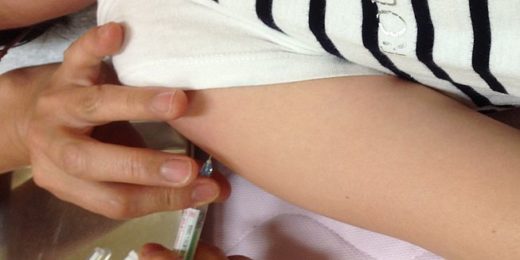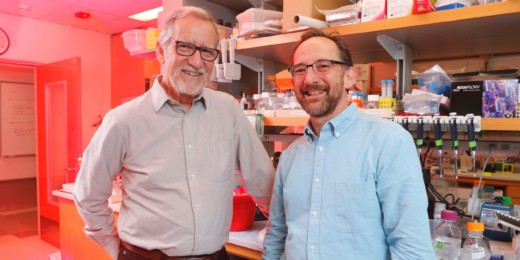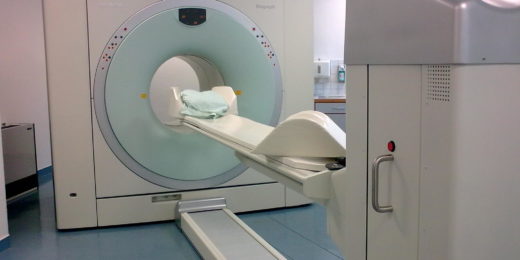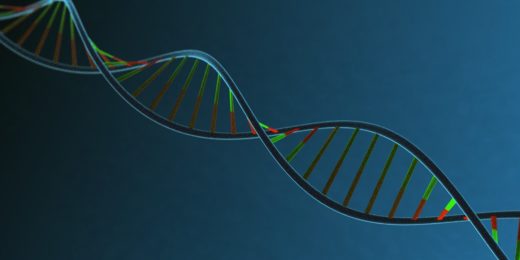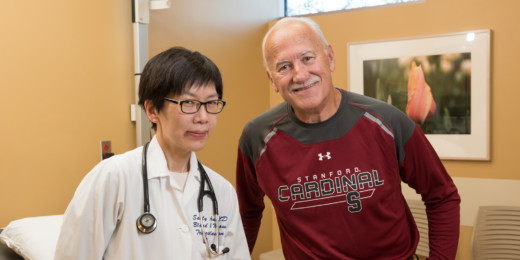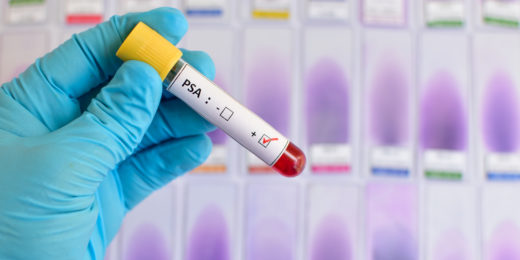A small magnetic wire that attracts nanoparticles engineered to stick to tumor cells may stand to detect cancer earlier.
Category: Cancer
Aiming to wipe out cervical cancer with HPV vaccine, screening
The American Cancer Society joins forces with National Cancer Institute-designated cancer centers to promote the HPV vaccine and eliminate cervical cancer.
Huge study shows cancer benefits, limitations of antiretroviral therapy for HIV
Antiretroviral therapy, a breakthrough treatment for HIV infection, suppresses the levels of circulating HIV viral particles in the blood. When it works, cancer rates drop, according to a new study. Still, even when the therapy is successful, HIV-positive individuals retain elevated rates of cancer.
Starting a family, against the odds
Denise Wong had survived breast cancer treatment at 27. Ten years later, she and her husband wanted to have a child. Her treatment had made that unlikely, but her fertility team at Stanford found a way.
“Molecular car wash” aims to make skin cancer surgery quicker and more accurate
A "molecular car wash" may help dermatologists accurately and more quickly identify and remove tiny skin cancers caused by sun damage. The technique also pinpoints subtle molecular differences associated with the cancers that may one day guide treatment.
A look at intelligent listening technologies from Stanford Medicine
Researchers are using AI listening technologies to improve mental-health, diagnose autism and discover adverse drug reactions.
Modern medicine is challenging the ability of doctors to listen to, bond with patients
The culture of modern medicine is challenging the ability of doctors to develop strong relationships with their patients, potentially harming both health care and physician wellness.
What everyone should know about HPV
During a recent talk, Lisa Goldthwaite, a clinical assistant professor at Stanford, told the truths of HPV, sharing practical insights and lessons that are important to everyone's health.
Citrus compound shows potential to lessen dry mouth in head and neck cancer patients
New Stanford Medicine research found that a compound called d-limonene has the potential to help head and neck cancer patients who suffer from dry mouth.
New app screens for undiagnosed cases of Alzheimer’s disease
With half of all cases of Alzheimer's disease and related dementias going undiagnosed, researchers develop app to help in early screening
Project Lung: Research gets personal for Stanford scientists
When Stanford's James Spudich was diagnosed with lung cancer, one of his first thoughts was of his colleague, lung development expert Mark Krasnow. Within hours a group of Stanford scientists had launched an astoundingly comprehensive study of healthy and diseased human lung tissue from one of their own.
PET scan tracer could predict efficacy of cancer “vaccine”
Scientists at Stanford have created a new PET scan-compatible tracing agent that tracks immune cells poised to attack cancer, offering a new way to predict the success of certain therapies.
Breast cancer patients increasingly receive multigene testing
Women with breast cancer are increasingly receiving multigene genetic testing rather than just screening for the BRCA mutations, new research suggests.
Meet your match: A bone marrow transplantation leads to an international friendship
When Ron Gross needed a bone marrow transplant, an international donor stepped in, providing a gift that led to a lifelong friendship.
Writing through cancer
Cancer survivor Ali Zidel Meyers reflects on joining a cancer writing group and how it helped her and others through their experience.
Some men should consider prostate cancer screening, Task Force believes
The U.S. Preventive Services Task Force is now recommending that men aged 55 to 69 should talk with their doctors about prostate-specific antigen screening.



